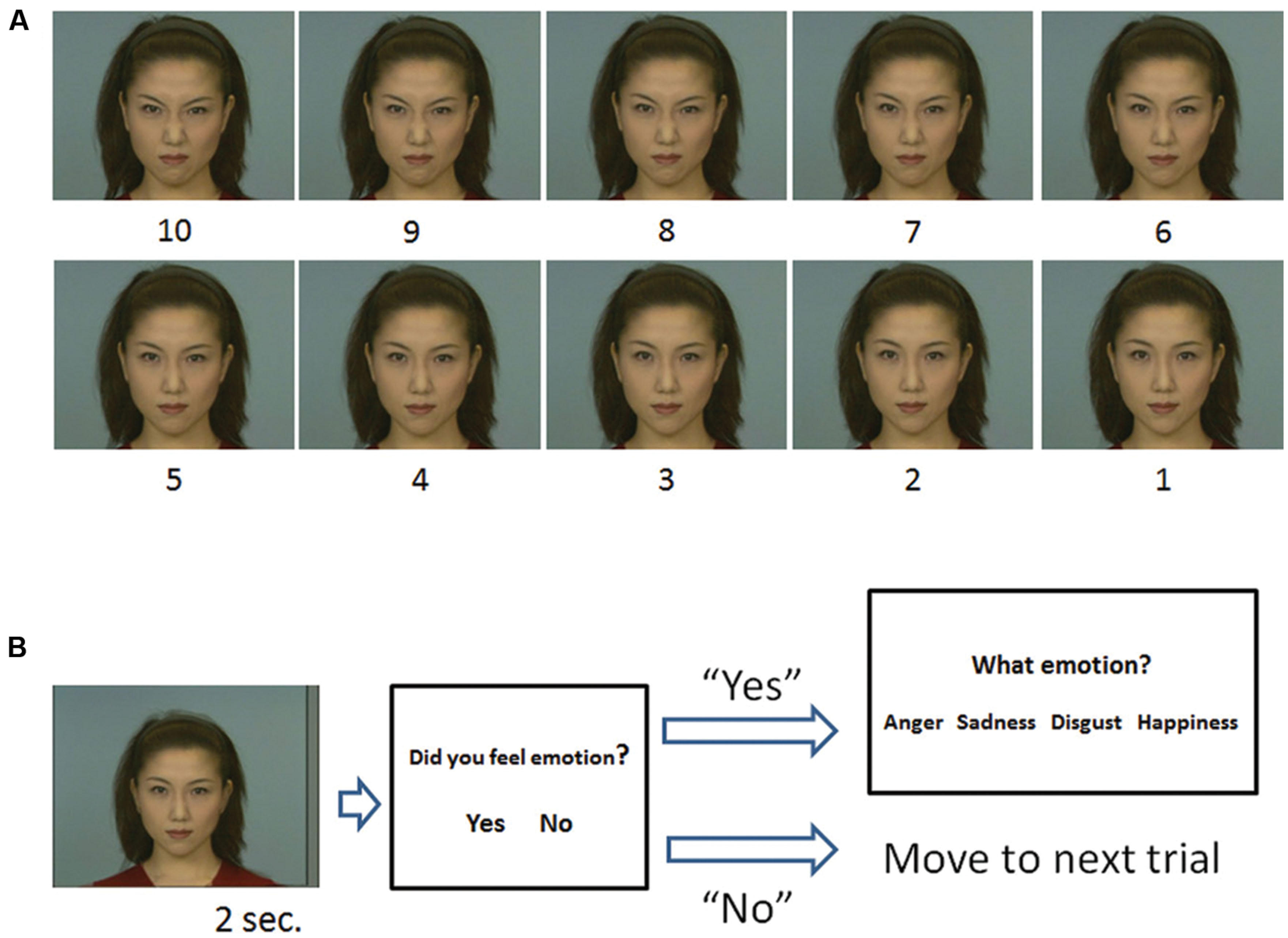
They will be closer to broad affect than to flat affect.
Constricted affect: Someone at this level of constricted or restricted affect will experience a mild reduction in affect. A person who reports being sad and depressed while laughing uncontrollably would have an inappropriate affect. Inappropriate affect: This type of affect occurs when a person’s presentation does not match the content of their speech. A seemingly minor situational change could trigger a significant and disproportionate affect change. Labile affect: People with a labile affect will show their state with frequent, excessive, and unpredictable shifts in expression. Flat affect: Existing on one end of the spectrum, flat affect represents an absence of expression, no matter how happy or sad the experience. On the affective spectrum, full affect is a happy balance in the middle. They appear happy when they feel happy and appear sad when they are sad. 
Full or broad affect: This describes someone whose emotional reaction changes in typical or expected ways.

Terms used to describe the spectrum of affect include: 1 2 Spectrum of Affectĭifferent types of levels of affect can be challenging to identify and label, and at times, the exact affect will be less important than noting the overall affect changes.

Some mental or medical conditions will result in incongruent affects where a person could feel happy and content but display an affect that seems down or sad. It is important to note that, depending on the person’s condition, their affect may not be an accurate reflection of their experience. Mood is more like “climate” because it is more sustained and persistent, at least compared to affect. The American Psychiatric Association says affect is like “weather” because it is more prone to variability and frequent shifts.

Affect is an external expression, and one that can change rapidly.
Vocal expressions including rate, force, and tone of speechĪs a mental health symptom, affect stands in contrast to mood, because mood is the subjective, internal experience of the individual. Affect is a perceivable and noticeable reflection of one’s emotional state.Ī mental health expert, medical professional, or loved one can evaluate and categorize a person’s affect by observing their: 2 To readily grasp what blunted affect means, it is essential to understand what affect is and how mental health professionals use this information to make a more accurate assessment, diagnosis, and impactful treatment plan. Blunted affect is usually linked to a mental or physical health condition, but the use of alcohol and other drugs, as well as prescription medications, can also influence a person’s affect. They could hear wonderful news and barely crack a smile, or they experience tragedy without shedding a tear. Blunted affect is a state when the individual’s expressions are less reactive or responsive to situations and stimulation.








 0 kommentar(er)
0 kommentar(er)
